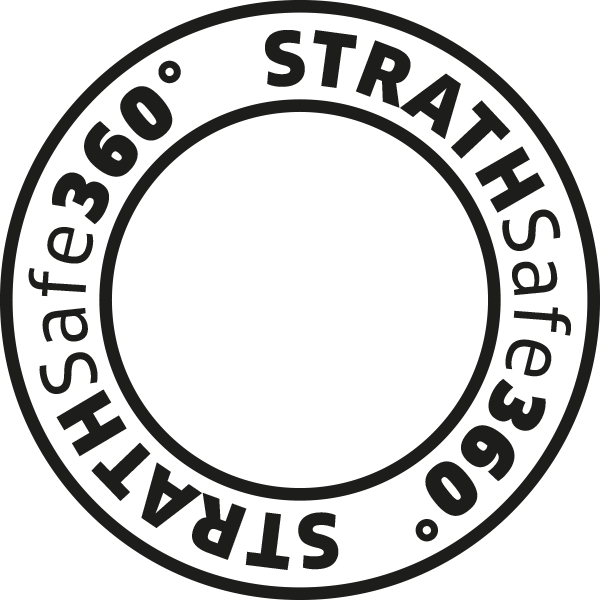Section 1: Introduction
1.1 Scope
We promote gender equality and do not tolerate any form of gender-based violence (GBV) or abusive behaviour. This policy communicates the attitudes and standards of behaviour expected by all members of the University Community, and set out in law.
Actions which constitute gender-based violence offences, are a breach to this policy and are illegal, we take this to include; sexual misconduct, sexual violence, sexual harassment, verbal abuse, relationship abuse, coercive control, physical or psychological violence, intimidation, exploitation and abuse of trust, image-based or digital harm. GBV includes a broad spectrum of harmful behaviour. For examples of behaviour that constitute a violation of this Policy, see Section 1.6 and Appendix 1: GBV Harmful Behaviours.
We do not stand for rape culture, nor do we perpetuate a culture which reinforces misogynistic attitudes and harmful behaviours. There is no place here for bullying or discrimination, including through text messages, emails and social media posts. This includes complicity, retaliation, malicious and vexatious reporting.
In the case of behaviours likely to cause or result in harm, abuse or neglect of a person(s), the University works with Police Scotland and other public agencies to support a lawful and respectful University Community.
This policy advises on what to do if you need to report GBV personally, or if you receive:
- a disclosure of harm
- an allegation of abuse
- you have a concern that a person is at risk, see or suspect abuse (no disclosure)
We use the term Reporter to describe a person who reports an incident, a disclosure or a concern.
We use the term Reported to describe a person who is accused of causing harm or who is considered a cause for concern. Where a person at risk discloses or discusses potential abuse or harm, the staff member or volunteer should be able to:
- Recognise signs of GBV
- Respond sensitively
- Record factually
- Report using Report and Support
